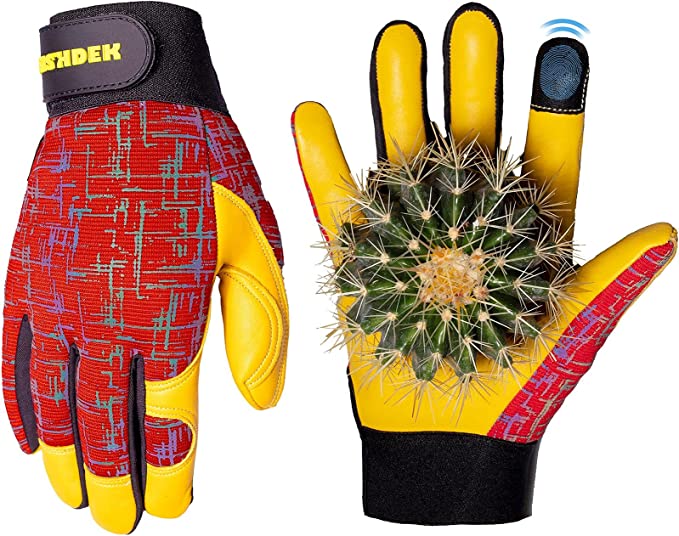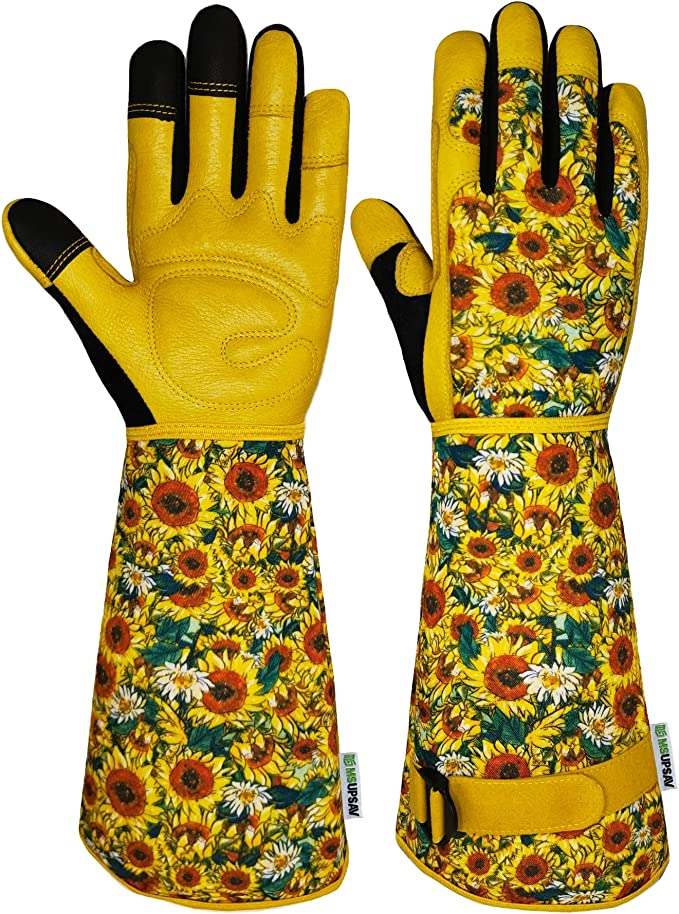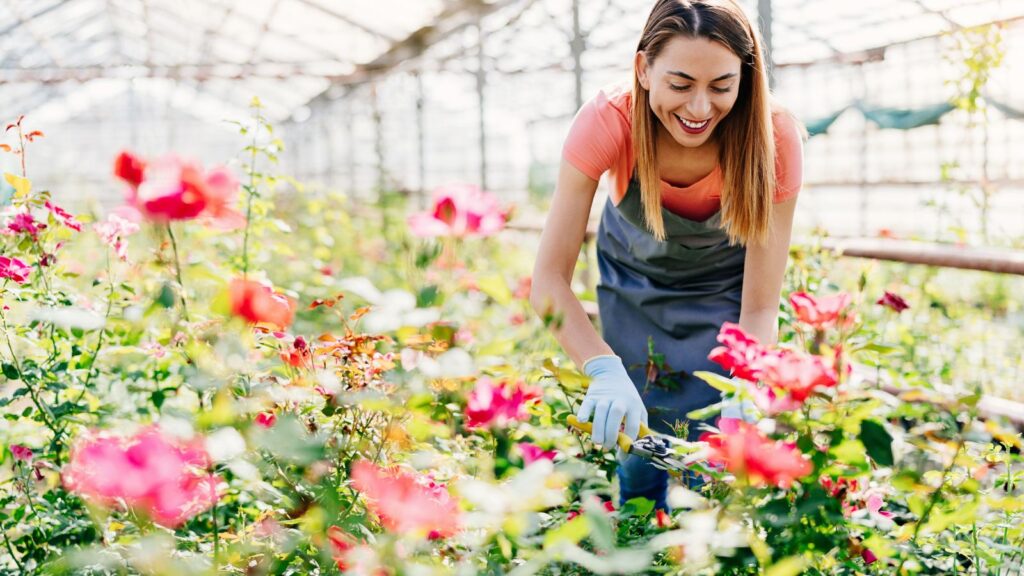Gardening gloves are essential for every gardener to wear when outdoors poking around in the soil.
That’s because they protect you from the toxins, fungi, and bacteria that can cause serious illness. By wearing hand protection, you can minimize your risk of several diseases, such as Legionnaires’ disease and tetanus.
5 Bacterial and Fungal Infections You Can Get from Garden Soil or Puddles
When you glove up, you can minimize contact with bacteria, mold spores, and fungus that can make you very sick.
Gardening gloves protect against tetanus
Using gardening gloves is an essential first step in preventing the spread of tetanus. Tetanus is a dangerous infection caused by a bacterium that lives in soil and manure. This organism, Clostridium tetani, can enter the body through a small cut or scrape and cause serious illness. Infection symptoms can include weakness, stiffness, and pain in the muscles, and it can also cause paralysis. Fortunately, tetanus can be prevented by vaccination.
Tetanus is caused by bacteria that live in soil and animal manure. This bacteria can be transmitted to humans through cuts, scrapes, or drinking water that contains tetanus spores. Fortunately, most people are protected from tetanus due to childhood vaccinations. Tetanus is a serious illness that can cause severe weakness, difficulty swallowing and chewing, and even paralysis. Wearing gardening gloves is one of the best ways to protect yourself against tetanus and other garden-related infections.
Gardening gloves prevent rose gardener’s disease
While gardening in your rose garden, wearing gardening gloves is an important way to avoid contracting rose gardener’s disease. Fungi that thrive in soil and plant matter are responsible for causing the disease. The infection typically occurs when thorns puncture the skin. However, the fungus can also be spread by inhalation. The infection usually starts as a small bump that grows to an open sore. The name for this is Sporotrichosis, but most call it rose gardener’s disease.
Roses are known to be quite prickly, so it’s essential to wear gardening gloves while pruning. Gloves that protect your hands are elbow-length and made of durable, stretchable material. In addition to providing protection, they also help you move around the rose garden easily.
Gardening gloves protect against melioidosis
Gardening gloves protect your hands from the damaging effects of chemicals, sharp tools, and thorny plants. These gloves also keep your hands clean and breathable. It is also essential to wear gardening gloves when spraying pesticides. These chemicals can cause severe allergic reactions and irritation to your skin. Furthermore, they can be transferred from your hands to other objects in your home. As a result, you should wear gardening gloves whenever you work in the garden.
Gardening gloves help protect you from dust and bacteria that can cause infection. Before gardening, you should dampen the soil with water to prevent the dust from sticking to your skin. Plants can harbor bacteria that cause a mostly rare disease, melioidosis, so wear protective gloves and boots. This way, you will have a better chance of preventing the spread of the disease.
Gardening gloves protect against legionellosis
Gardening gloves are vital to protect yourself against legionellosis, a deadly bacterial disease transmitted from even small drops of stagnant or standing water. More commonly called Legionnaires’ Disease, this infection comes from fungi and bacteria, which can be found in soil and plant matter. These microorganisms can cause open sores and weaken the immune system.
This bacteria thrives in moist, warm conditions and is airborne. Inhaling legionella bacteria may cause severe, even fatal symptoms, including pneumonia. It is especially dangerous to the elderly and those with compromised immune systems. It is also essential to wear gloves when working with soil and potting mix, as these materials may contain legionella.
Aside from protecting you from legionellosis, gardening gloves are also valuable for keeping your hands warm and protected from other harmful materials. Gardening gloves can help you avoid developing callouses and prevent accidental tears in your skin. They also protect against thorns and other poisonous weeds, and they protect you from chemicals.



Gardening gloves protect against sepsis
Buying a pair of garden gloves is an excellent investment to protect yourself from sepsis, a potentially life-threatening bacterial infection. Sepsis is usually transmitted through cuts, scratches, or contact with soil, animal manure, or mulch. Once it enters the bloodstream, sepsis can cause several uncomfortable symptoms, including weakness and septic shock. It may even lead to death in severe cases.
Why Else Should You Protect Your Hands?
When you glove up, not only do you layer on protection against fungus, bacteria, and mold spores, but you also protect against other hazards.
- Wearing hand protection helps prevent cuts, nicks, and scrapes from garden tools.
- Gloves prevent contact with unpleasant sticky saps that can leave unsightly stains.
- You’ll prevent fingernail breakage or splitting.
- Gloves help prevent itchy and uncomfortable insect bites from ants, spiders, mosquitoes, flies, and other insects. Of course, these bugs can spread many infections.
The Takeaway: Gardening Gloves Can Lower Your Risk of Illness
Gardening gloves have many benefits, including protection from insect bites and contamination. For instance, if you are pruning plants, you may displace the nests of insects, which will naturally fight back. In addition, gloves can prevent contamination of wounds and infections. These gloves can even help delay the healing of open wounds.



